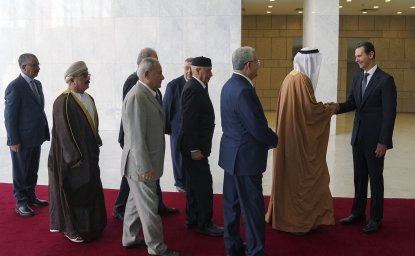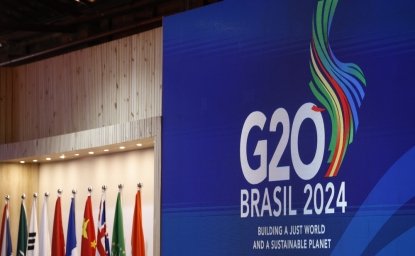[...] Hardly any other region in the world has witnessed the scale of political instability and populism that has characterized Latin America in the 21st century. The social and economic forces at work behind the populism causing these upsetting political changes have varied through time. In this background, a formal study of the rise of populist regimes in Latin America, and their subsequent fall from power, forms the subject matter of Latin American Populism in the Twenty-First Century, a collection of papers edited by Carlos de la Torre and Cynthia J. Arnson. The work identifies three distinct phases in the history of populism in Latin America that essentially capture the widely varied forces at work in fostering the region’s political instability—evinced most prominently in the form of frequent revolutions. As part of this, today’s radical populist regimes—Hugo Chavez’s Venezuela, Evo Morales’ Bolivia and Rafael Correa’s Ecuador to name a few—are compared against the classical populist regimes of Argentina’s Juan Domingo Peron and Brazil’s Getulio Vargas in the 1940s and 1950s, and the neo-liberal neo-populist regimes of Peru’s Alberto Fujimori and Argentina’s Carlos Menem in the 1990s. While similarities exist between these different phases of populism, the book argues, the current wave of radical populism is fundamentally different from the past versions of populism. For one, recent popular revolutions in Latin America have occurred through the ballot box and not through outright armed violence. Second, the recourse to the ballot box, however, has not meant the spread of the liberal replublican democracy marked by an objective implementation of the rule of law and strict checks on executive power. Instead, radical populists have successfully proffered substantive, rather than procedural, democracy as the means towards the political and economic empowerment of classes repressed erstwhile, thus also winning substantial electoral support. This has meant frequent elections to warrant favourable constitutional amendments, and erosion in the influence of non-executive institutions. Third, huge welfare handouts funded by oil revenues, thanks to the global commodity boom, have managed to temporarily sustain these substantive democracies despite their fundamental economic weakness. [...] For the entire review, please click here.






